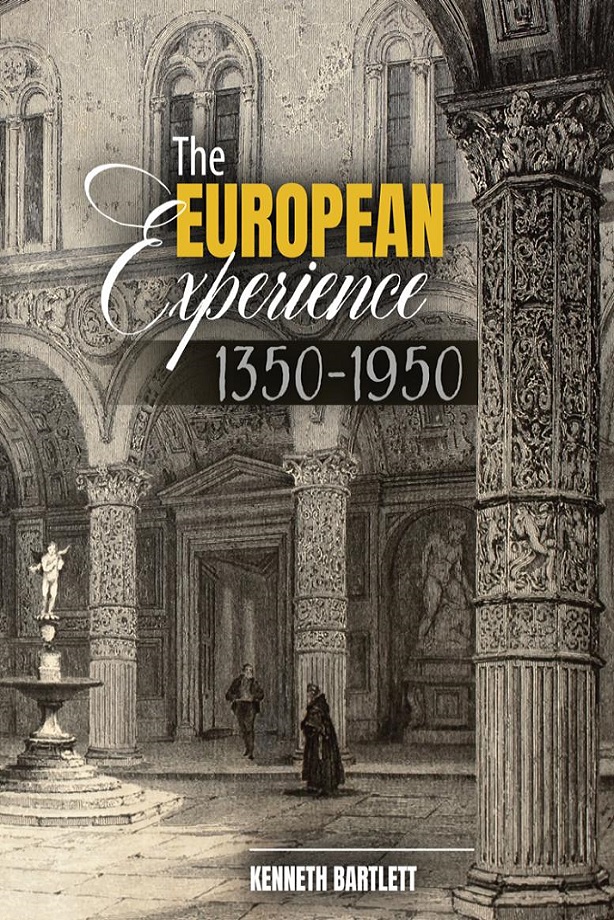Europe is not only a place but an idea and a memory. For those living in North America, our institutions, culture, and principles – as well as our language – derive from Europe and its history as a consequence of exploration, conversion and colonization, bringing us into a close kinship or a dynamic tension with the states and peoples of Europe.
Within Europe itself there has been such a variety of experience that making any general statements about the continent would be misleading. Constitutionally, for example, there have always been republics as well as monarchies, ideologically, there have been totalitarian dictatorships and liberal democracies. Both socialism and capitalism were born from and transformed by events in Europe. The Scientific Revolution, the Enlightenment and the Industrial Revolution are largely European constructs, as are the roots of rationalism and nationalism; and these various “isms” have galvanized thinkers, politicians, activists in every corner of the globe. In short, Europe created the platform on which our modern experience was constructed. Basic concepts of modern political discourse, such as inalienable human rights, rationalism, and scientism, are uniquely European inventions, developed to address problems that were once exclusive to Europe, but which can now be applied to any society in any place.
The intent of this book is to introduce students to the ideas which drove the events that defined European Civilization. The principles behind institutions, such as representative government, national identity and varying concepts of society, are investigated chronologically to illustrate how Europe operated as a laboratory for ideas, many of which still animate our modern world. Students will discover that events are the consequence of decisions made by men and women conditioned by certain beliefs and principles: learning about events become sterile when separated from the forces that gave rise to those events. So, this book about ideas in dialogue with action, the consequences of which created the European Experience.
Publication Type
- Book



